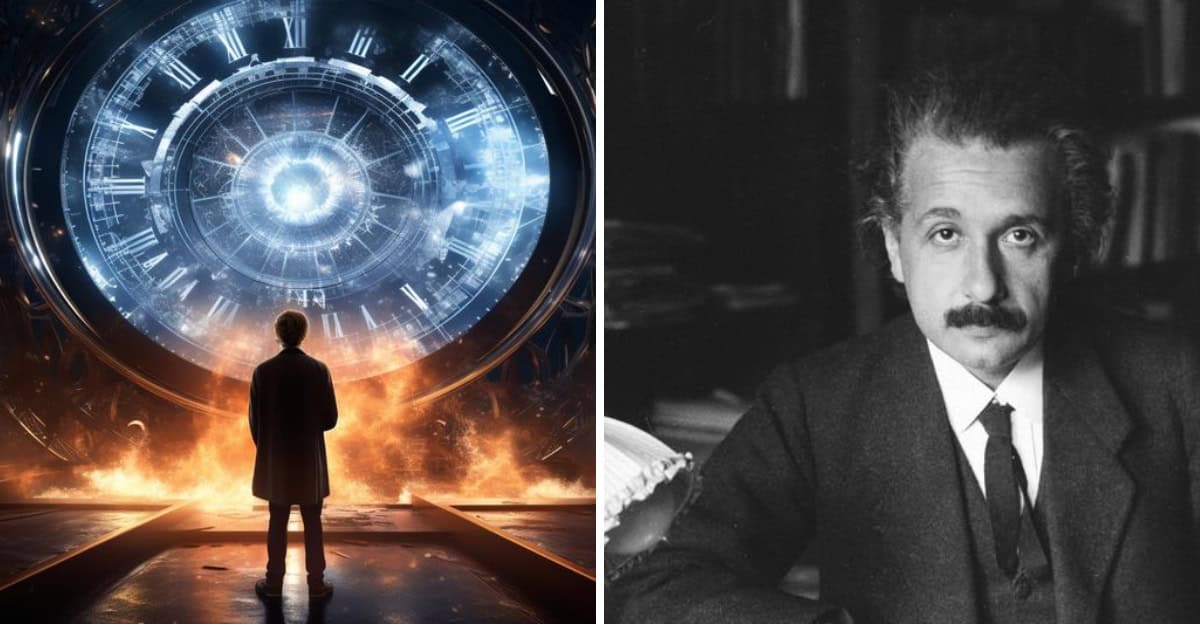Albert Einstein’s contributions to physics have shaped our understanding of the universe, particularly with his theories related to time and space.
In this blog, we explore six intriguing aspects of time travel that Einstein’s work has touched upon, highlighting what he got right and where there might be room for error or further exploration.
1. Theory of Relativity
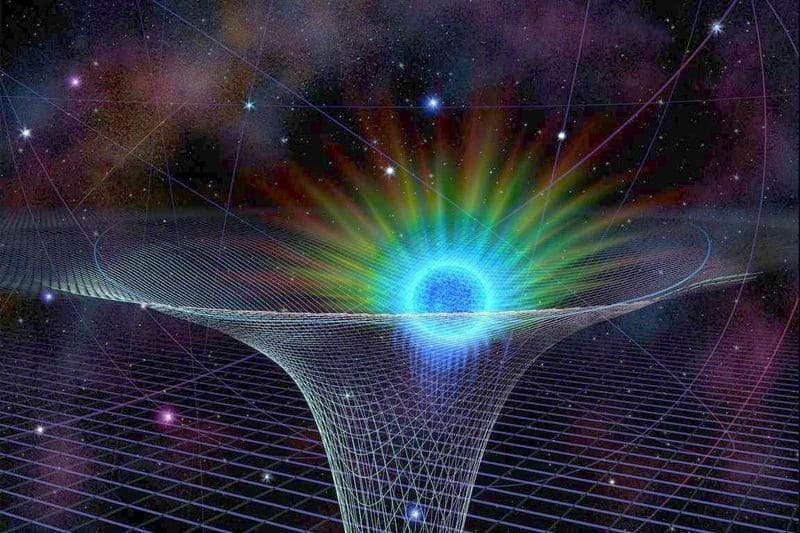
Einstein’s Theory of Relativity revolutionized our understanding of time and space. His proposition that time is relative and can be affected by speed and gravity was groundbreaking. This idea is most famously illustrated in the Twin Paradox, where a twin traveling at near-light speed ages more slowly.
Time dilation has been confirmed by experiments involving atomic clocks on airplanes. However, while relativity allows for time shifts, actual time travel—especially into the past—remains theoretical. Critics argue that paradoxes and practical limitations make time travel improbable.
Nonetheless, Einstein’s insights laid the groundwork for modern physics, inspiring generations of scientists.
2. Gravitational Time Dilation
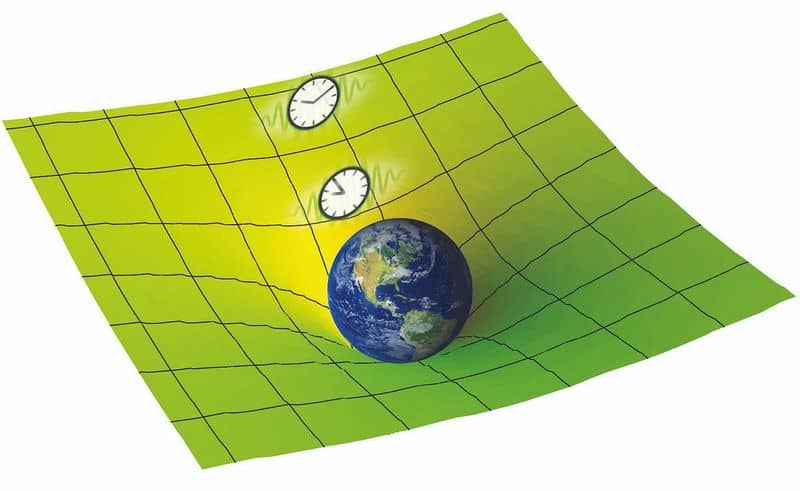
Einstein’s theory predicts that time runs slower in stronger gravitational fields. This phenomenon, known as gravitational time dilation, has been observed in satellites orbiting Earth. GPS systems must account for these differences to provide accurate location data.
While this concept supports the idea of minor time shifts, it doesn’t equate to traditional time travel as portrayed in science fiction. The implications are mostly practical, aiding technology rather than enabling human time travel.
Yet, it offers fascinating insights into the universe, showing how gravity can warp the fabric of time itself.
3. Wormholes and Time Travel
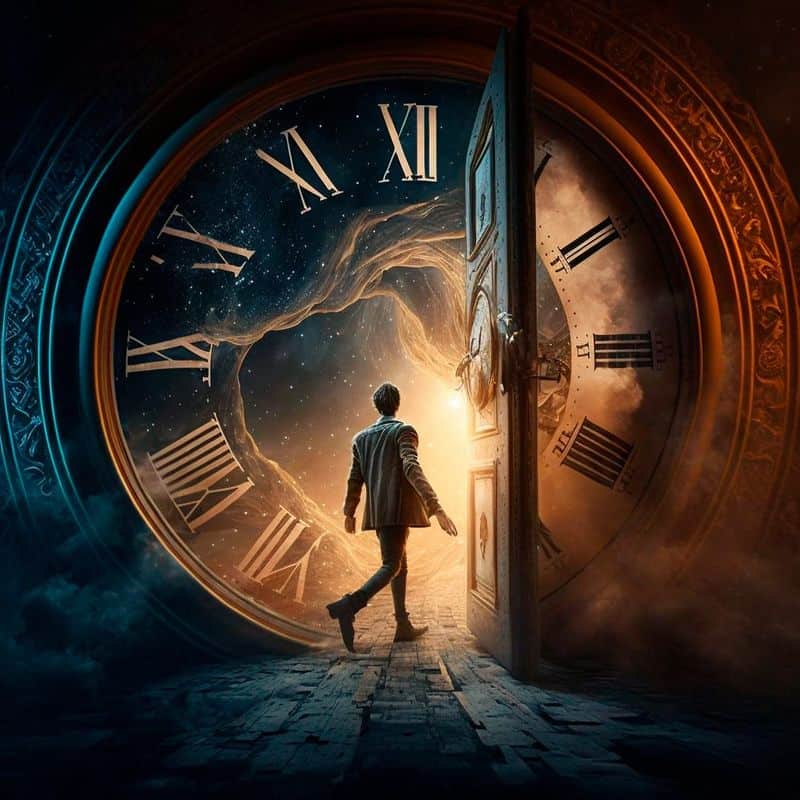
In theory, wormholes could connect distant points in space and time, offering a potential method for time travel. Einstein’s equations suggest such structures might exist, though none have been discovered. The concept of a wormhole is intriguing and fits within the framework of relativity.
However, creating or stabilizing a wormhole would require exotic matter with negative energy, which remains hypothetical. Even if feasible, navigating paradoxes and ensuring safety would pose immense challenges.
Einstein’s work allows for the possibility, but the practicalities keep it firmly in the realm of science fiction.
4. The Speed of Light Barrier

Einstein’s assertion that nothing can exceed the speed of light is a cornerstone of modern physics. This speed limit imposes significant constraints on traditional concepts of time travel, especially backward travel.
The idea is that surpassing this barrier would require infinite energy, making it implausible with current technology. While this may dampen dreams of time machines, it ensures consistency within the universe’s laws.
Some theorists speculate about loopholes or future breakthroughs, but as it stands, the speed of light remains an unbreakable threshold, as envisioned by Einstein.
5. Einstein’s Skepticism of Time Travel

Despite his theories opening doors to time travel discussions, Einstein himself was skeptical. He famously doubted the feasibility of time travel, often pointing to paradoxes like the grandfather paradox.
His reluctance highlights a scientific caution, recognizing the vast unknowns and potential inconsistencies. This skepticism hasn’t stopped others from pursuing the dream but serves as a reminder of the challenges involved.
Einstein’s balanced view encourages a careful exploration of time travel, acknowledging both its theoretical allure and the hurdles it presents.
6. Quantum Mechanics and Time Travel
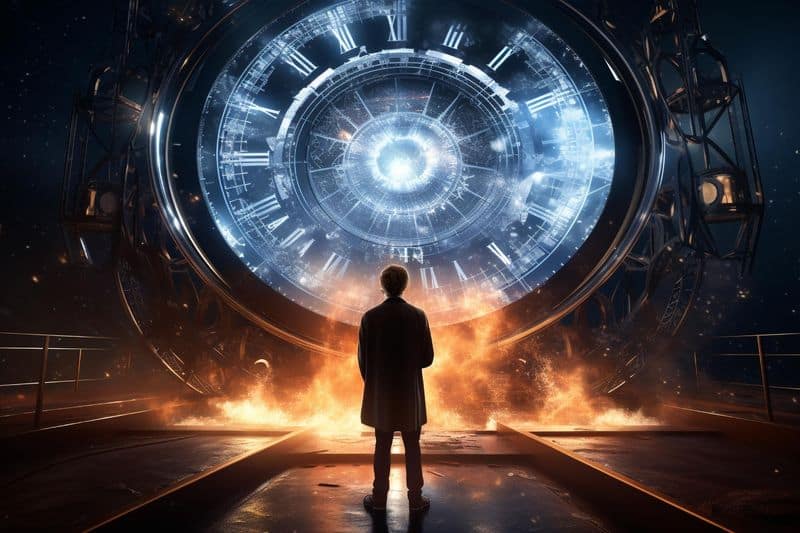
Although Einstein had reservations about quantum mechanics, it plays a role in time travel theories. Quantum entanglement suggests instantaneous connections across distances, raising questions about time’s nature.
Some interpretations, like the Many Worlds Theory, imply parallel timelines. While Einstein was critical, these ideas extend his work, offering alternative views on time travel.
Quantum mechanics remains a field of debate and discovery, with potential implications for time travel that Einstein’s classical views didn’t cover. This intersection of theories continues to fuel scientific intrigue and exploration.

